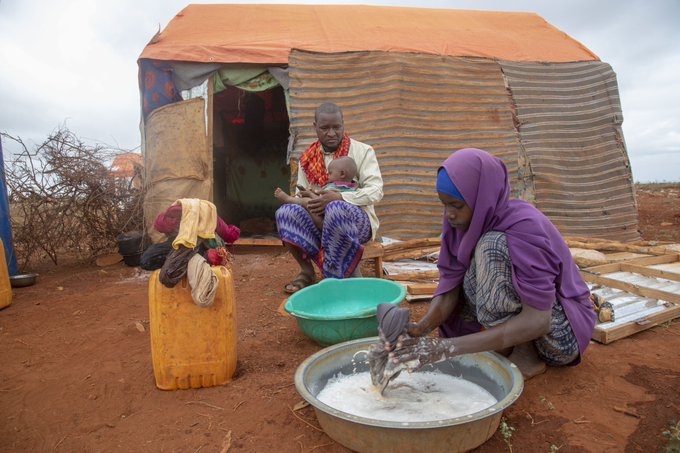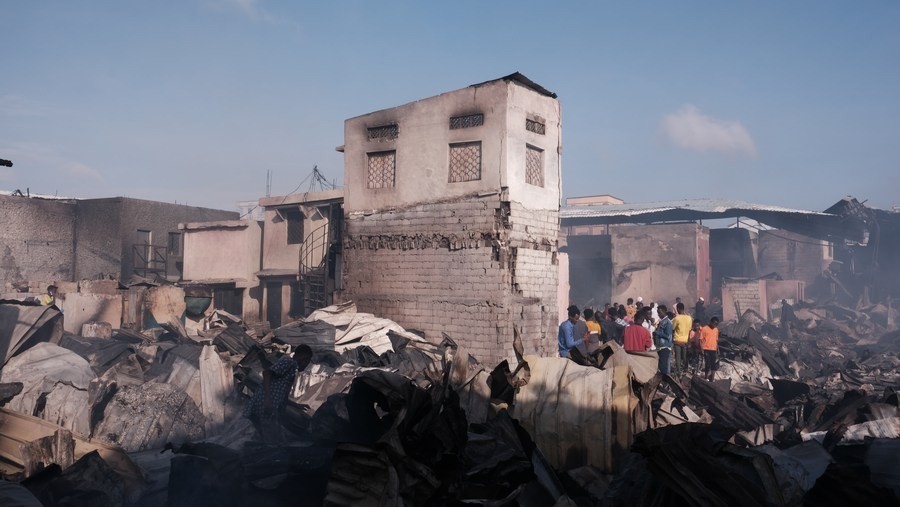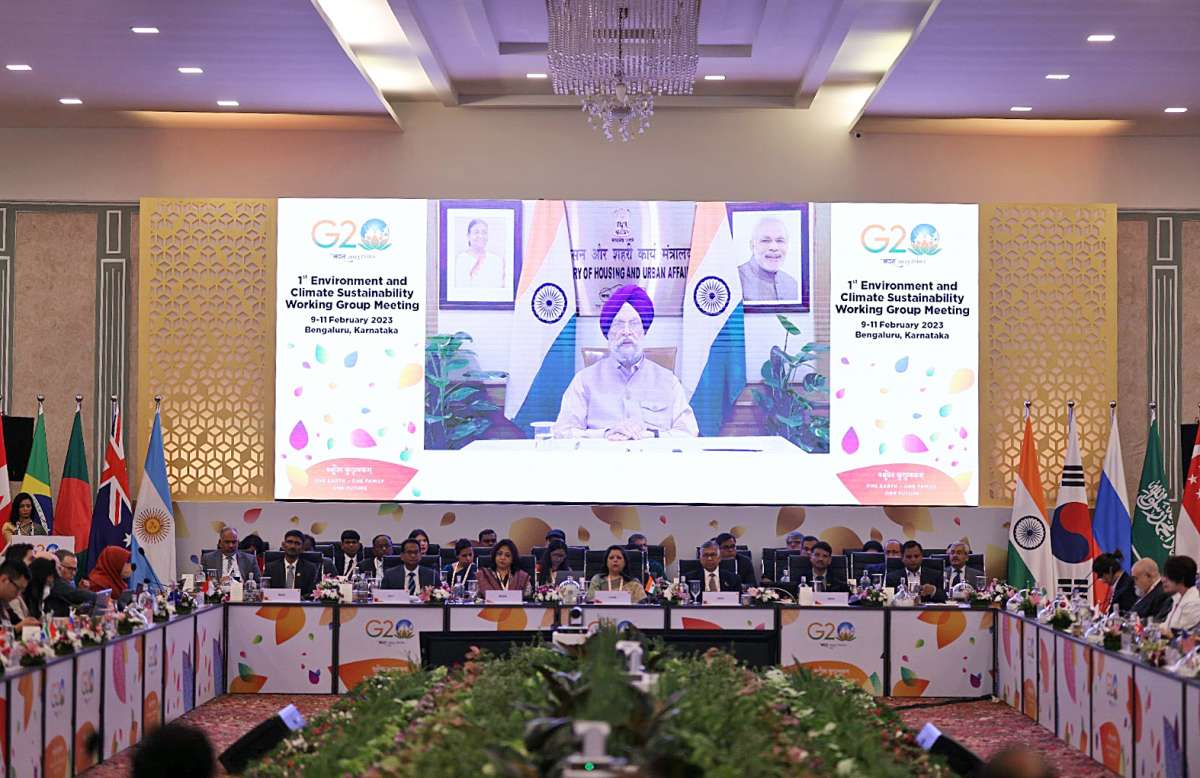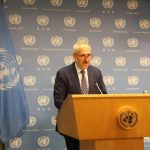OCHA said the current drought is the longest and most severe in recent history and has surpassed the 2010/2011 and 2016/2017 droughts in terms of duration and severity…reports Asian Lite News
More than 8.3 million people require humanitarian assistance in Somalia where significant segments of the population are on the brink of famine, the United Nations relief agency said on Wednesday.
The UN Office for the Coordination of Humanitarian Affairs (OCHA) said that in the absence of adequate funding and enhanced capacity, famine is projected between April and June in the three population groups including Baidoa and Burhakaba rural districts as well as internally displaced people (IDPs) in Baidoa and Mogadishu.
“Somalis are hungrier, sicker, and more vulnerable than a year ago, pushing an ever greater number of people into reliance on humanitarian assistance for survival,” OCHA said in its latest update on the humanitarian situation in Somalia.
It said even if no famine emerges, the humanitarian situation is extremely alarming since more than 6.3 million Somalis are expected to face high levels of food insecurity between January and March, including 322,000 in catastrophic levels of food insecurity.
“The cumulative levels of excess mortality could be as high as in 2011 when almost 260,000 people lost their lives, at least half of them children. In 2022 alone, 1,049 children died in nutrition centers and many more without even accessing the centers,” OCHA said.
The crisis is caused by the historic failure of four consecutive rainy seasons, persistent conflict, displacement, and high food prices that have left millions of people at risk and are pushing people in Somalia to the brink of famine.
OCHA said the current drought is the longest and most severe in recent history and has surpassed the 2010/2011 and 2016/2017 droughts in terms of duration and severity.
It also said the recent escalation of the military offensive against al-Shabab, in addition to ongoing political and inter-clan tensions, has resulted in significant humanitarian impacts including increased displacement and reprisal attacks.
“Overall, it is expected that up to 450,000 additional civilians will be displaced due to conflict in 2023,” it warned, noting that protection concerns include widespread forced family separation, indiscriminate attacks against civilians, freedom of movement restrictions, forced recruitment, abductions and destruction of civilian infrastructure.
OCHA believed the ongoing military operations offer both an opportunity for expanded access into areas previously under al-Shabab control as well as the increased likelihood of widespread insecurity and acute deterioration of humanitarian access.
“This uncertainty will require partners to exercise flexibility in programming to adapt to shifting insecurity, to assess and provide assistance in newly recovered areas as well as to engage in coordinated advocacy for the protection of civilians,” OCHA said.
ALSO READ-Somalia hails UAE relief to those affected by drought














